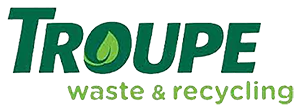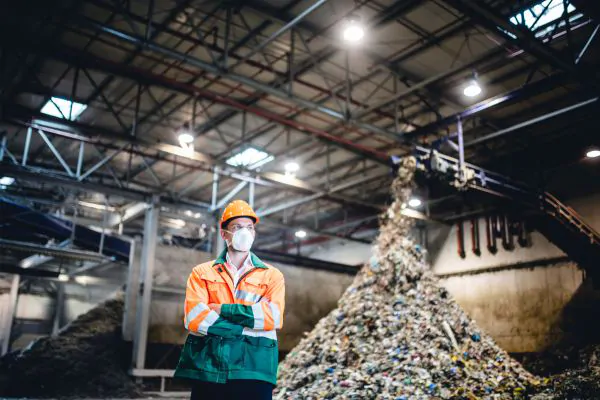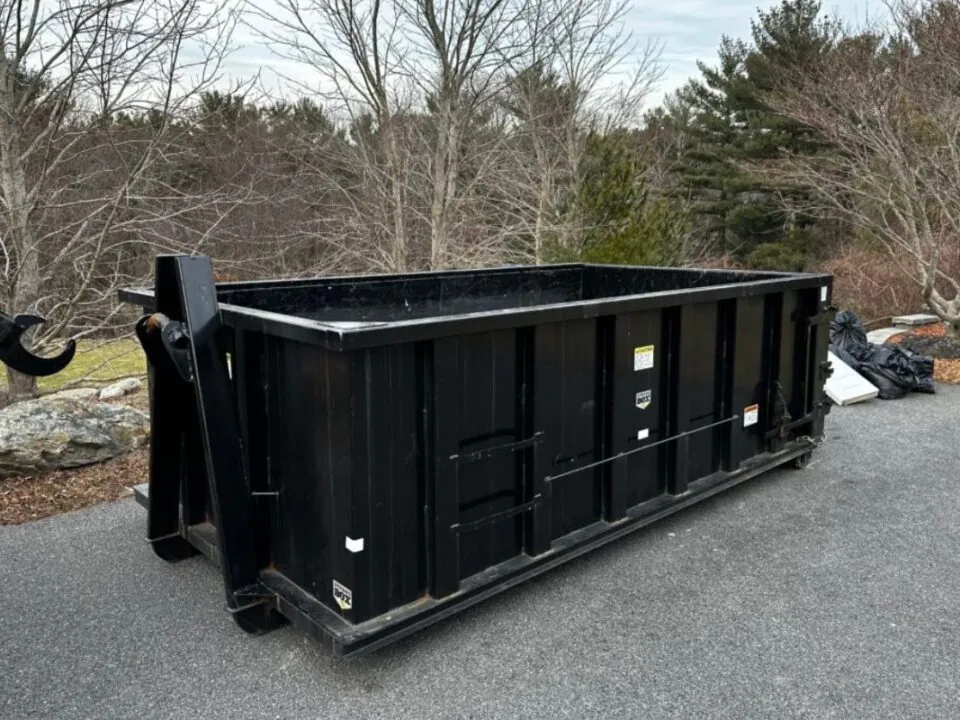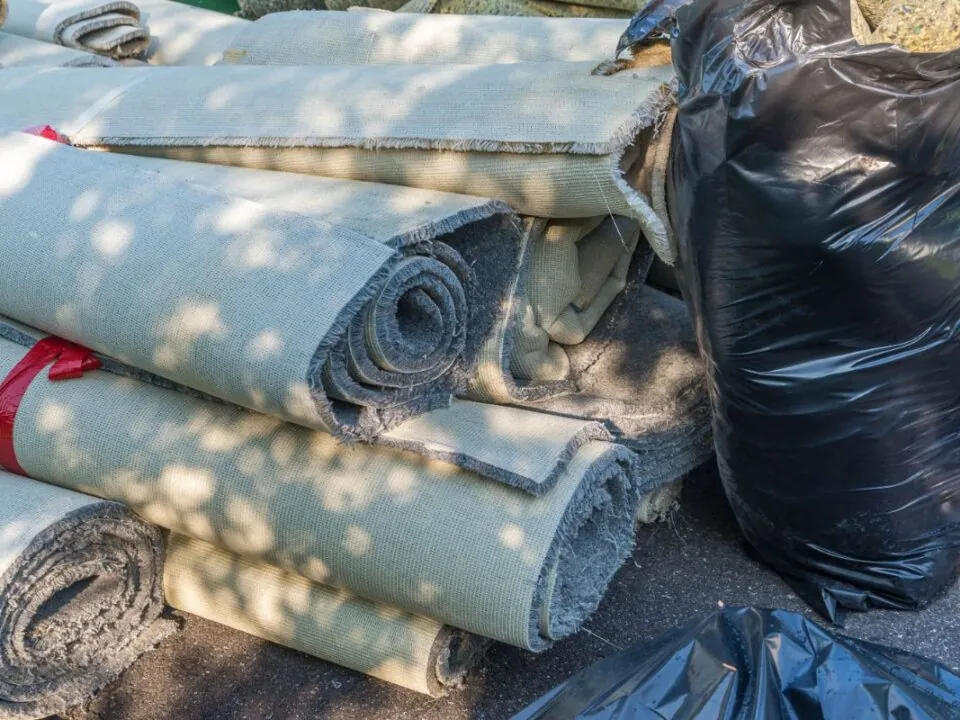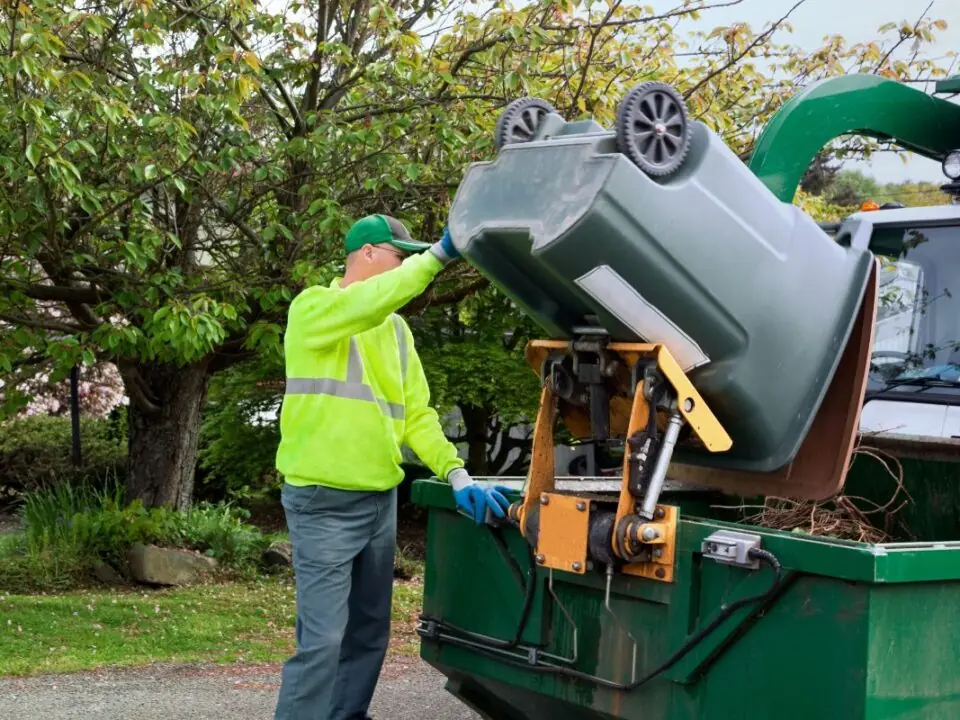Waste Management Regulations: What You Need to Know
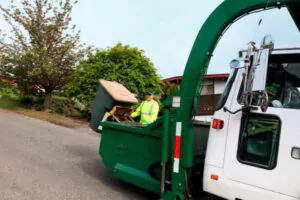
The convoluted terrain of waste management mandates presents a formidable challenge for businesses and individuals alike. Mastery of the waste management regulations ensures both legal compliance and a pivotal contribution to environmental conservation.
As industries expand and ecological awareness grows, adherence to waste protocol becomes not just mandatory, but a mark of integrity and social responsibility. Keep reading to navigate the vital regulations that govern responsible waste disposal and play a critical role in safeguarding our planet’s future.
Navigating the Complex Landscape of Waste Management Regulations
Businesses entrenched in the management of waste confront an intricate regulatory framework, where compliance signifies safeguarding public health and ensuring ecological sustainability. Rules surrounding the disposal, treatment, and transportation of waste are dictated not just by federal directives but by additional state and local provisions. Managers in this sector must possess a deep understanding of these regulations to navigate through the legal intricacies effectively.
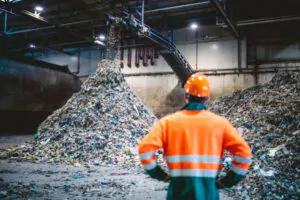
With the ever-evolving nature of environmental guidelines, companies in the waste sector need to exhibit remarkable adaptability. These entities must commit to continuous education and procedural updates to align their operations with the latest industry standards. Such a commitment not merely fortifies legal compliance, but often catalyzes enhancements in operational efficiency.
Inspections and audits are routine procedures for environmental agencies aiming to enforce waste management protocols. Companies are subject to rigorous examination, requiring meticulous record-keeping and transparency in their operations. Any infraction can lead to severe penalties, which underscores the necessity for companies to cultivate robust monitoring and reporting processes.
Advancements in technology extend novel opportunities for businesses to exceed regulatory demands in waste management. Through innovative software for compliance tracking, waste quantification, and process optimization, companies can proactively manage their regulatory responsibilities. This proactive stance on compliance not only minimizes legal risks but can also carve a path toward industry leadership.
Your Go-To Resource for Waste Management Compliance
Leaders in waste management require comprehensive resources to maintain compliance amidst stringent regulations. Access to accurate and timely information is critical to a company’s ability to adhere to environmental laws. A dedicated resource serves as an essential guide for these businesses, providing them with the knowledge and tools necessary to navigate the complex legal terrain.
Effective compliance resources encompass a suite of educational materials, best practices, and regulatory updates. Such a repository allows managers to stay abreast of new developments as regulatory landscapes shift. It is through these means that companies can confidently sustain compliance with both existing and emergent regulations:
- An up-to-date database of federal, state, and local regulations
- Clear interpretations of complex legislative language
- Guidelines for proper waste tracking and documentation
- Recommendations for compliance-based training programs
In an industry where transgressions carry substantial consequences, your resource equips businesses with the necessary strategies to mitigate risks. Proactive engagement with this content can significantly reduce the likelihood of costly penalties. It plays a pivotal role in shaping a culture of compliance within an organization.
Amidst the competitive and rapidly changing waste management sector, companies armed with the right resources are poised to excel. With a proper compliance guide, businesses do not merely meet the baseline of legal requirements; they position themselves at the forefront of environmental stewardship and sustainable practices. Such positioning is indispensable for companies aiming to secure a reputation as industry leaders.
Environmental Stewardship in Action: Navigating Waste Management Laws
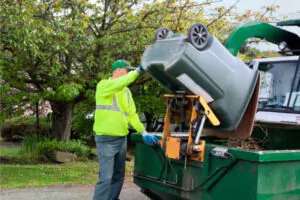
Embracing environmental stewardship necessitates a comprehensive grasp of waste management laws. Entities within this realm employ strategic planning to ensure that their practices align seamlessly with legislative requirements. The commitment to environmental stewardship directly reflects the respect for and adherence to such laws.
Compliance transcends basic legal conformity; it embodies environmental responsibility and a dedication to resource conservation. In their quest to excel, companies leverage legal compliance to foster sustainable methods that benefit both the environment and their operational efficacy.
Anticipation of legislative changes is a hallmark of proactive waste management firms. These organizations vigilantly monitor legal trends to execute timely adjustments in their policies and procedures, thereby cementing their role as environmental custodians.
Companies utilize compliance as an instrument to demonstrate their dedication to environmental stewardship. By upholding the highest standards of waste management laws, they reinforce their commitment to the planet while setting benchmarks for the industry.
The Roadmap to Responsible Waste Disposal: Understanding Regulations
Responsible waste disposal begins with a thorough understanding of the regulations that govern the activity. These guidelines ensure that disposal methods do not harm the ecosystem or endanger public health. Embracing these standards is central to any organization’s commitment to social responsibility and environmental care.
Organizations must identify the specific regulations that apply to their operations, a task that requires diligent analysis and is critical for compliance. Managers are tasked with deciphering these rules and instituting them into company practices, creating a structured approach to waste disposal.
The roadmap to compliance involves several key steps:
1. Evaluating the types of waste the organization generates.
2. Determining the applicable federal, state, and local regulations.
3. Implementing adequate waste separation and disposal protocols.
4. Ensuring proper training and education for all staff involved in waste management.
Through active engagement with regulations and a comprehensive disposal strategy, companies ensure their operations respect both legislative mandates and environmental integrity. This active engagement not only aligns with legal expectations but also promotes a brand’s image as an environmentally conscious entity.
Safeguarding the Environment: Your Role in Waste Management Regulation
Within the entangled framework of waste management regulation, individual action plays a vitally important role. Entities and professionals bear the responsibility of not only understanding and implementing regulations but also participating in the preservation of the environment. Their roles dictate the effectiveness of these regulations in achieving sustainable waste management objectives.
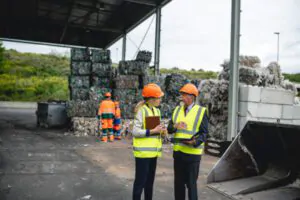
Each stakeholder, from corporate decision-makers to waste handling personnel, holds the responsibility for maintaining regulatory vigilance. It is their duty to stay informed about the intricacies of waste management laws and to apply them within their scope of work. Their daily choices and actions create a cumulative impact on environmental protection efforts:
1. Acknowledging the importance of regulatory compliance in daily operations.
2. Engaging in continuous education on waste management standards.
3. Applying best practices in waste handling and disposal based on current laws.
Advocacy for regulatory adherence goes beyond mere compliance; it encompasses nurturing an ethic that prioritizes environmental health. Professionals in this realm must advocate for practices that exceed the minimum legal requirements, thereby setting a higher standard for environmental stewardship.
The collective efforts of individuals in complying with waste management regulations are instrumental in protecting the environment. Each proactive step and implementation of best practices contributes to a larger strategy of safeguarding our planet’s wellbeing. This concerted action forms the backbone of effective and sustainable waste management processes.
Waste Management Regulations and Best Practices
Within the world of waste management, adherence to regulations and integration of best practices are not merely obligations but essential survival strategies. Entities operating in this space acknowledge that compliance is the foundation for maintaining operational legitimacy and protecting environmental resources.
Best practices in waste management not only call for compliance but also for innovation and efficiency. Organizations regularly evaluate their waste streams and disposal methods for opportunities to reduce, reuse, and recycle items, thereby minimizing their environmental footprint:
- Regularly performing waste audits to identify reduction opportunities.
- Designing processes that facilitate the repurposing of materials.
- Implementing recycling initiatives to divert waste from landfills.
Training and education for personnel involved in waste management practices are crucial for ensuring consistent adherence to environmental regulations. Organizations invest in specialized programs that empower their workforce with the knowledge to execute their duties in an environmentally responsible manner.
Continuous monitoring and review of regulatory developments enable organizations to stay current with legislative changes. Proactive adaptation of processes ensures that companies remain at the forefront of regulatory compliance and environmental stewardship.
Conclusion
The intricate framework of waste management regulations requires businesses to be vigilant and adaptable to ensure compliance and protect both public health and the environment.
By leveraging educational resources, staying abreast of regulatory changes, and implementing best practices, organizations can mitigate risks and demonstrate their commitment to environmental stewardship.
Embracing innovative technologies and continuous improvement in waste handling processes positions companies as industry leaders, reinforcing their dedication to responsible business practices and sustainable operations. It is through this comprehensive, proactive approach to waste management that companies can successfully navigate the complex legal landscape while safeguarding the planet.
